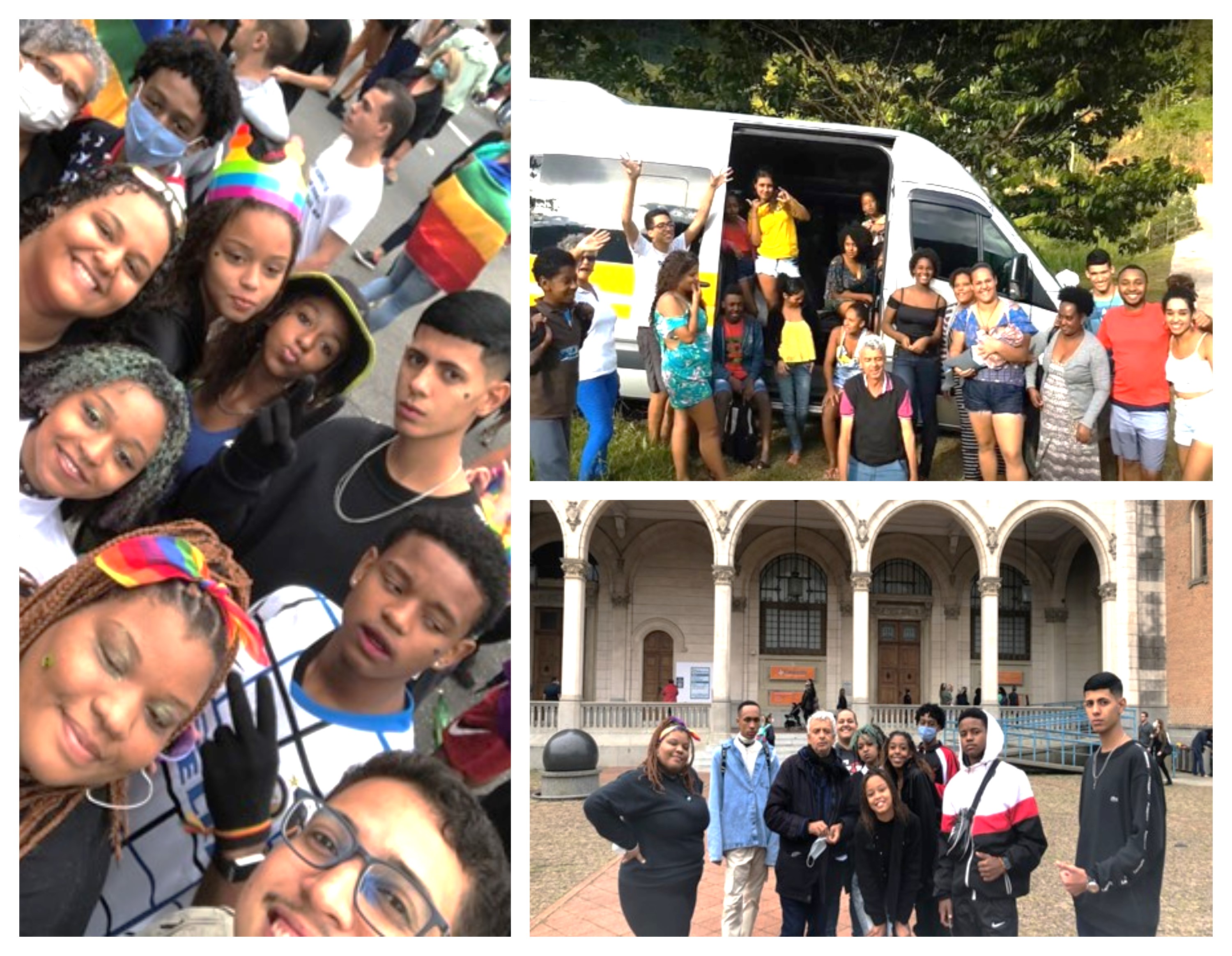
In the city of Volta Redonda, south of Rio de Janeiro, living conditions are precarious, leisure and cultural facilities are lacking, and illicit trafficking and violence are frequent. In most families, the mother is the head of household. Most young people study in precarious public schools and also seek to supplement the income of the family network. Young people are the children of workers, mostly in the informal sector.
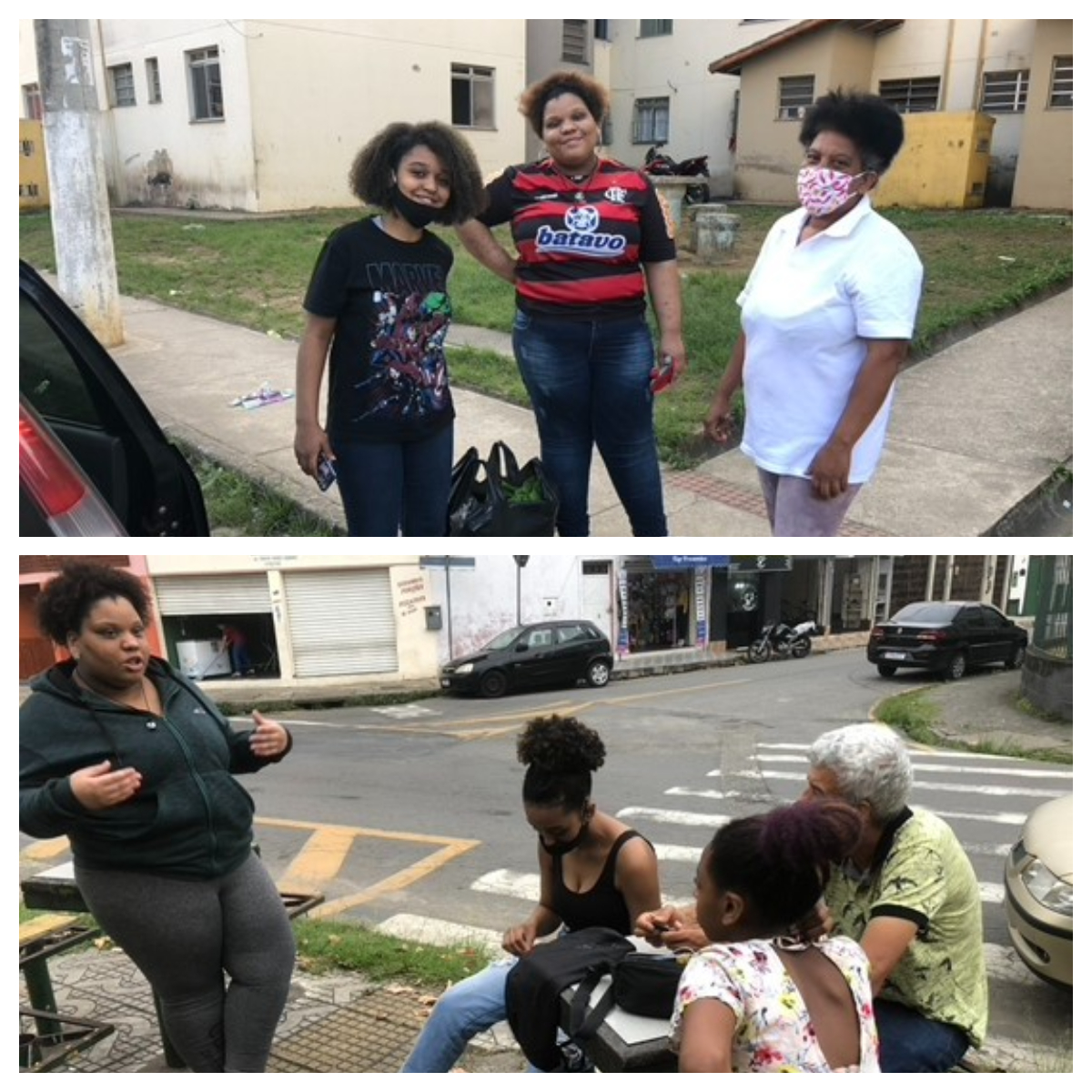
These young people need to express themselves and discuss the issues and problems that affect them daily, but they often lack the space to do so. The YCW identified a number of topics that could be addressed, such as the environment, recreational activities and the solidarity economy.
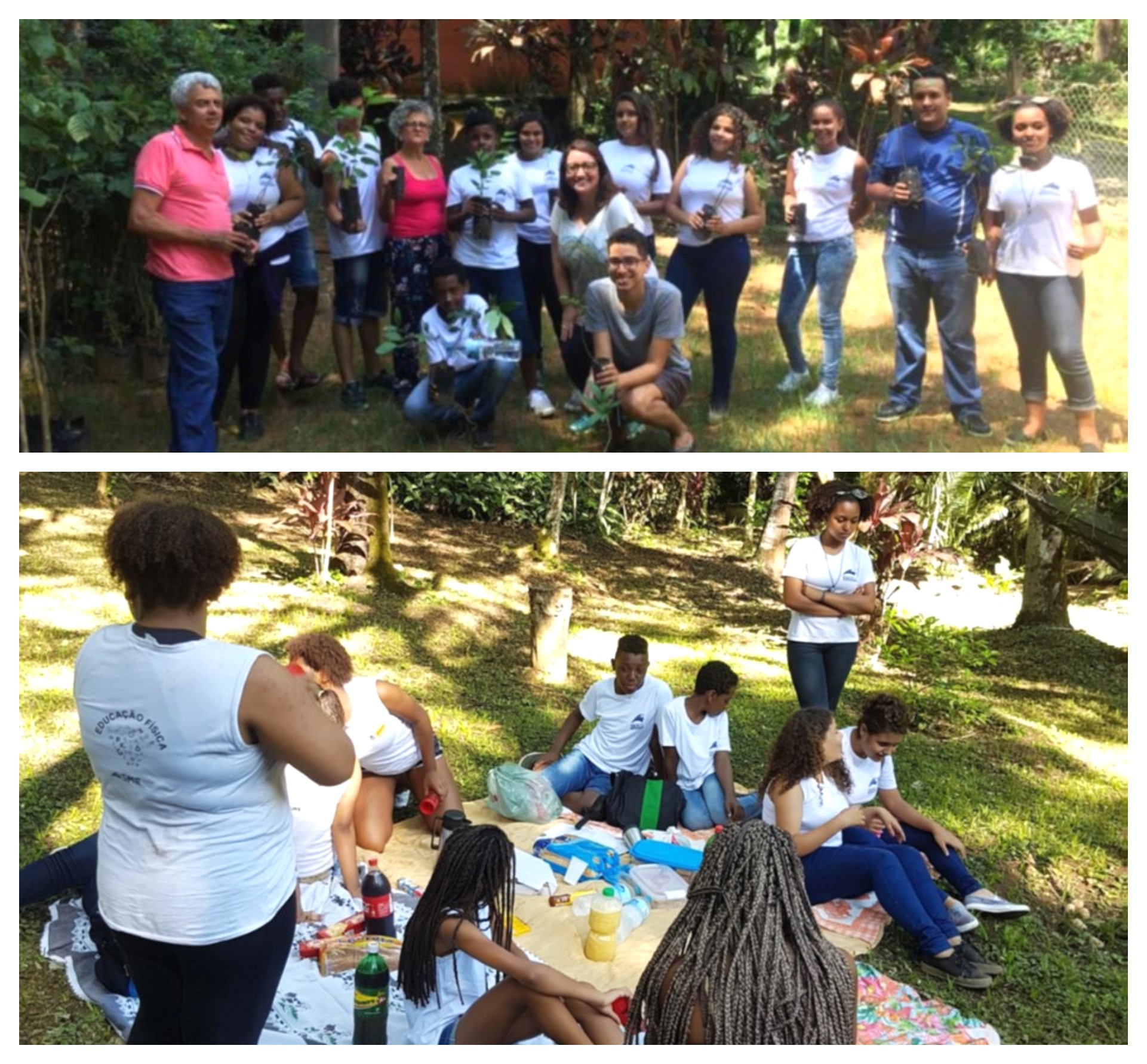
Round tables on the environment
In September 2018, at the Walmir de Freitas Monteiro public school, a school in the Santa Cruz district of Volta Redonda, the YCW, in partnership with the Technological Incubator of Solidarity Economy of the Fluminense Federal University (INTECSOL-UFF), organized roundtable discussions on the environment, a theme that has taken on significant proportions worldwide due to evidence that the use of disposable plastic straws is extremely harmful to the environment, particularly the marine ecosystem.
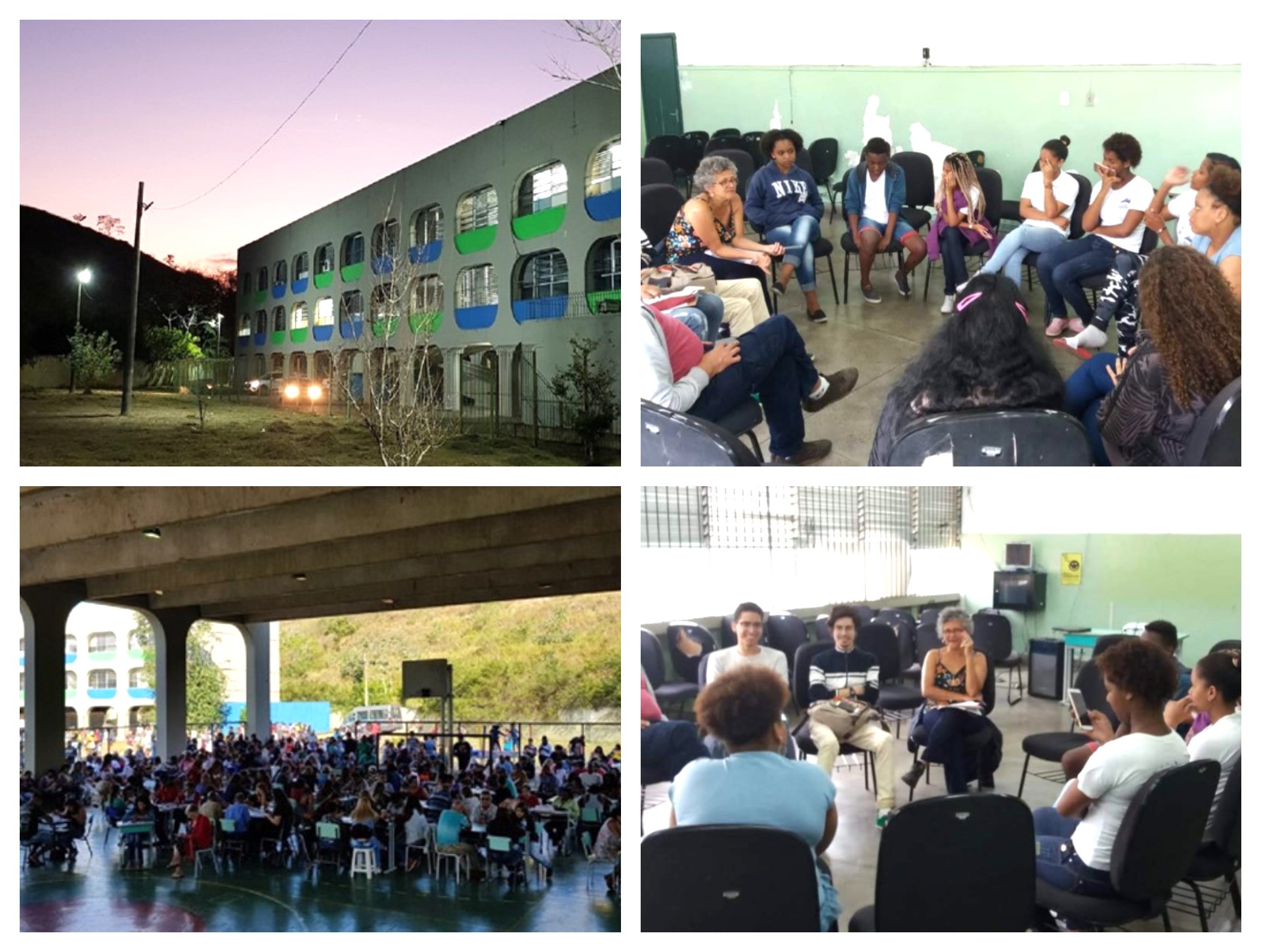
The YCW wanted young people to think critically about their reality, to engage in a discussion about consumer habits and to develop a plastic recycling project to experience vocational training and income generation based on the solidarity economy.
Through networking with other organizations, the young people took part in training activities, solidarity economy festivals and fairs, discussion forums, exchanges of experience and the distribution of agroecological food baskets (particularly during the pandemic).
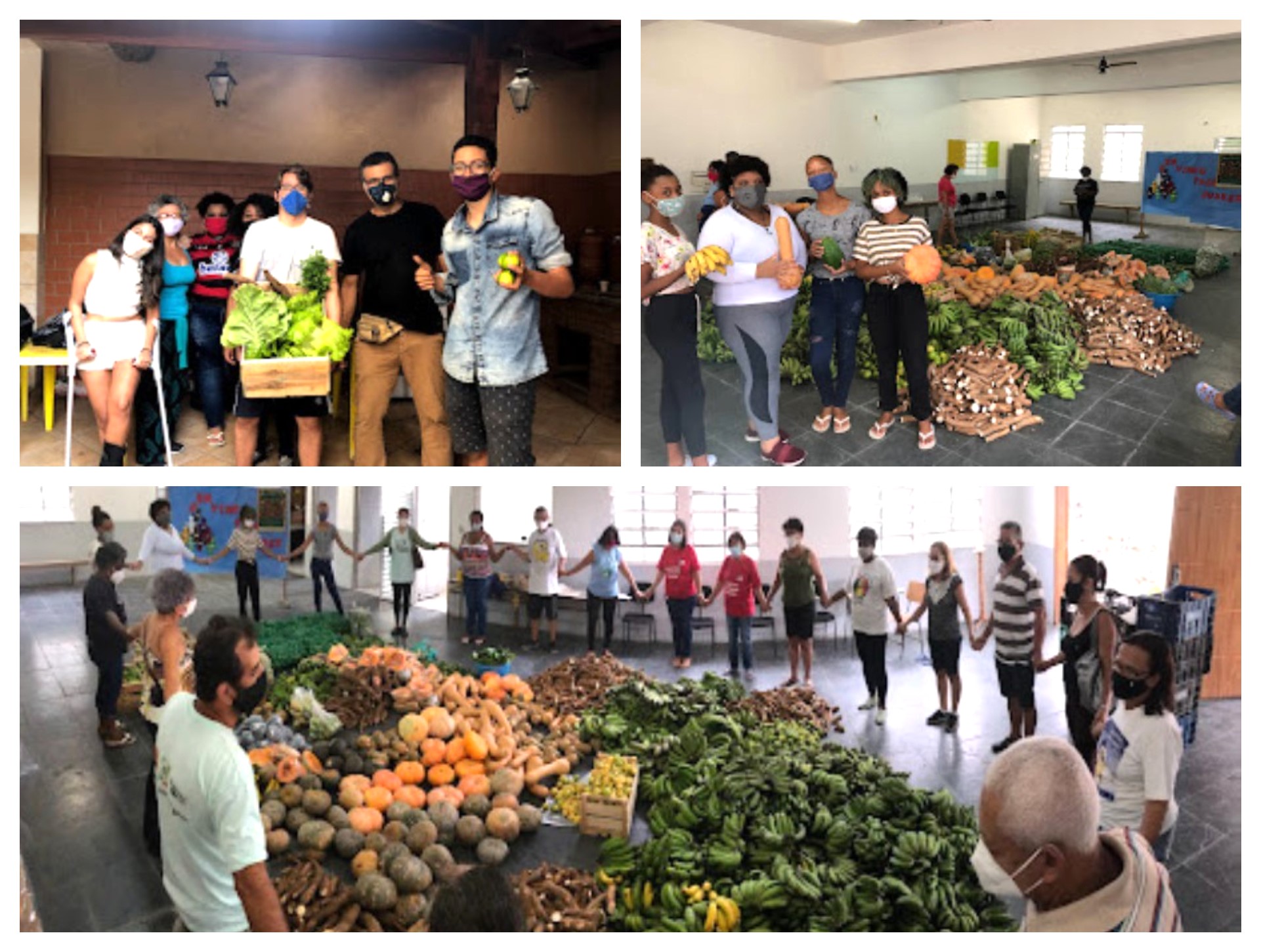
Initially, the young people would meet at school, but this was impractical as the school was not open at weekends. They were obliged to meet in the public square, where they were disturbed by the noise of cars and motorcycles, or by the rain.
The YCW therefore rented a hall in the neighborhood. This venue is used as a place to meet, train and learn more about the solidarity economy, an alternative mode of production and trade based on well-being and solidarity. It also hosts a cookery school program and a recycling project.
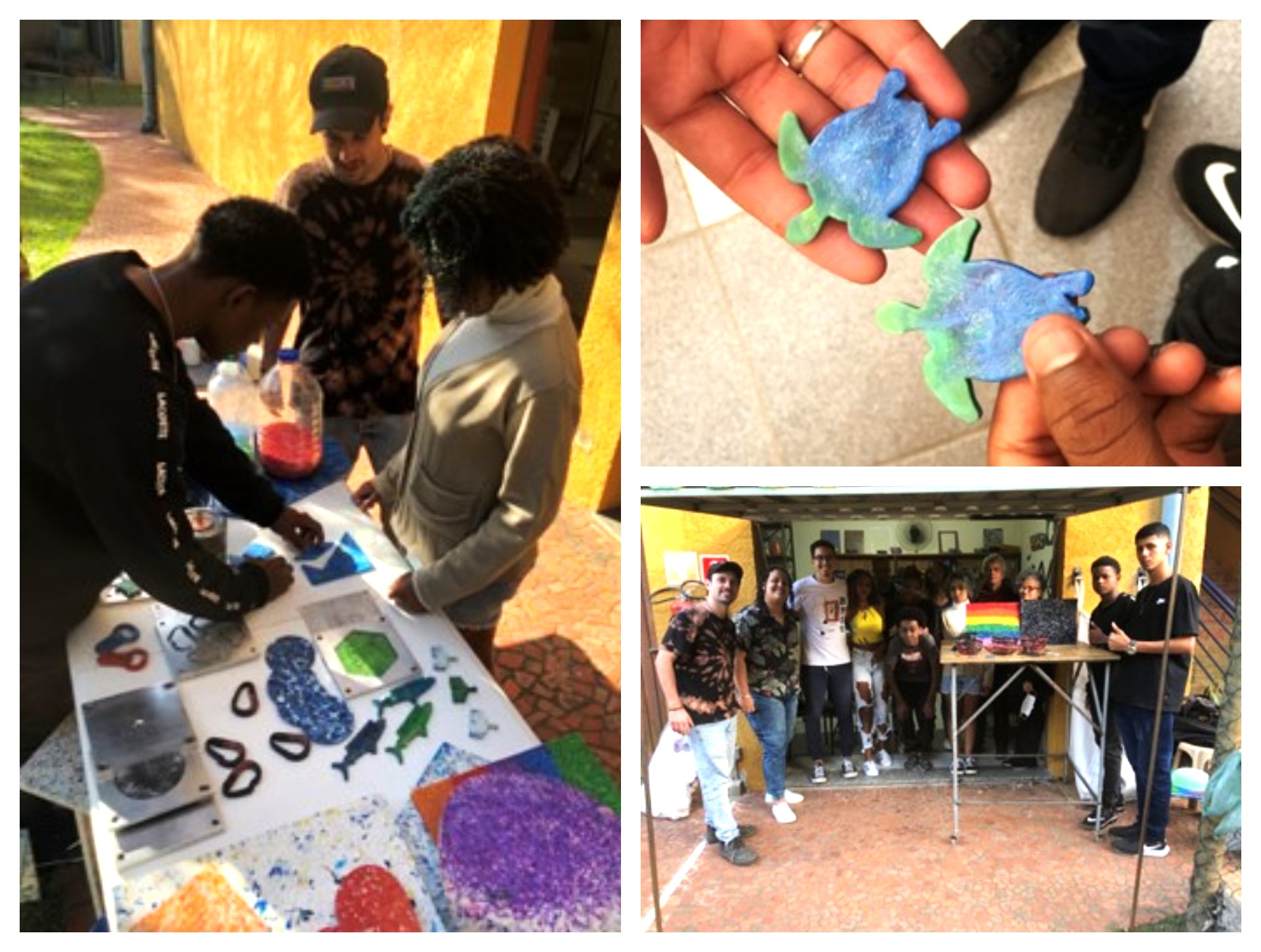
Cookery school
Since 2018, the YCW group has been preparing and selling lunch boxes at weekends to raise funds to finance its activities. It gradually discovered that young people had good potential for cooking and serving meals and decided to set up a buffet that offers cooking services for festive or organizational events, including diocesan events. With the support of INTECSOL-UFF, the group obtained financial resources and purchased kitchen furniture (freezer, refrigerator, industrial stove, industrial food processor, large pans). It can serve meals for an event for up to 200 people. Now that it has a rented space, it is taking advantage of the buffet experience to teach cooking to new young people. The buffet has been transformed into a cookery school. The goal is to train 50 young people in the culinary arts by March 2024.
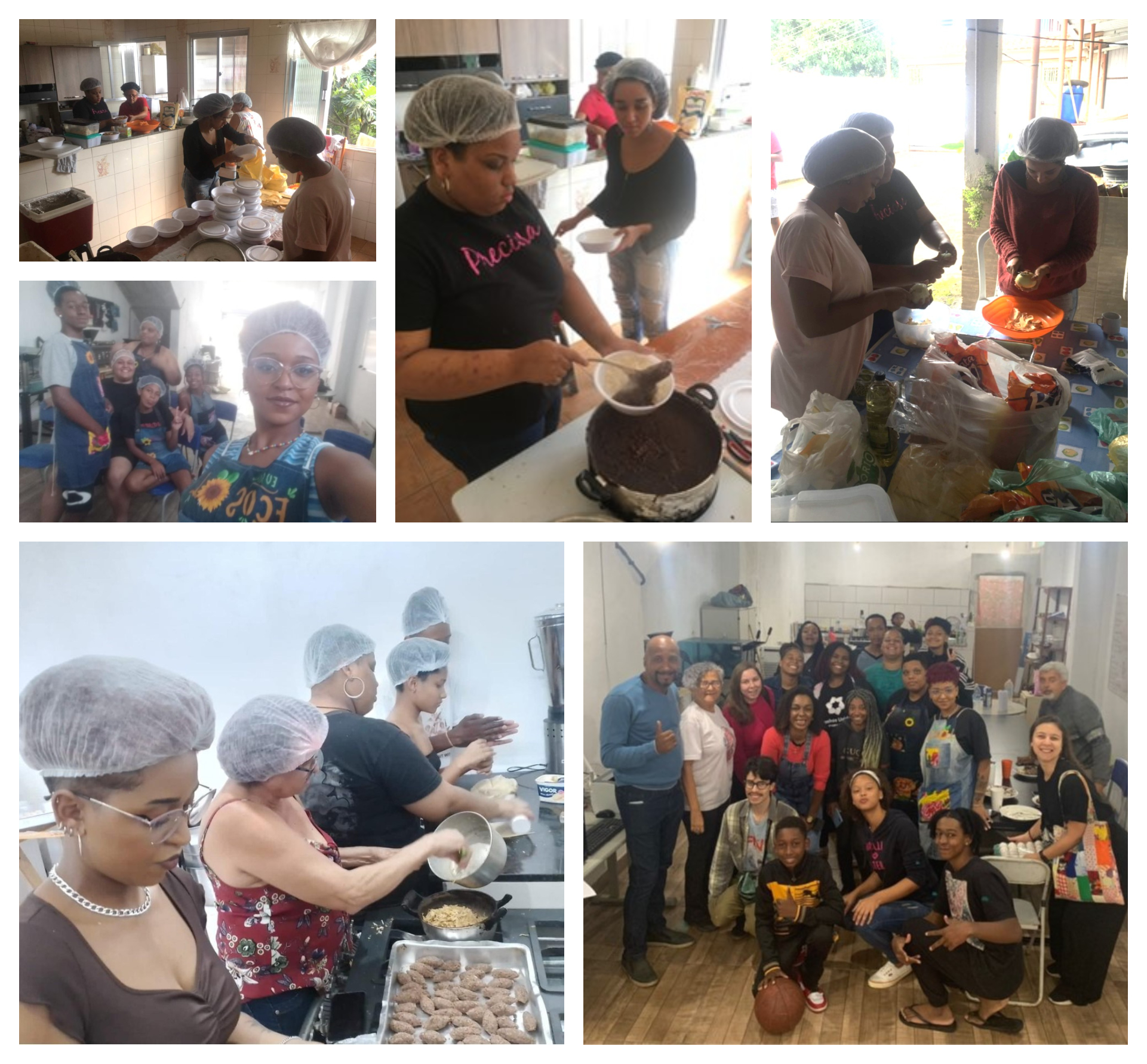
Recycling project
As part of its Canudo Azul project, the YCW has organized several activities inside and outside the school on the theme of the environment, but also on work, first jobs, leisure activities and the living conditions of young people in general.
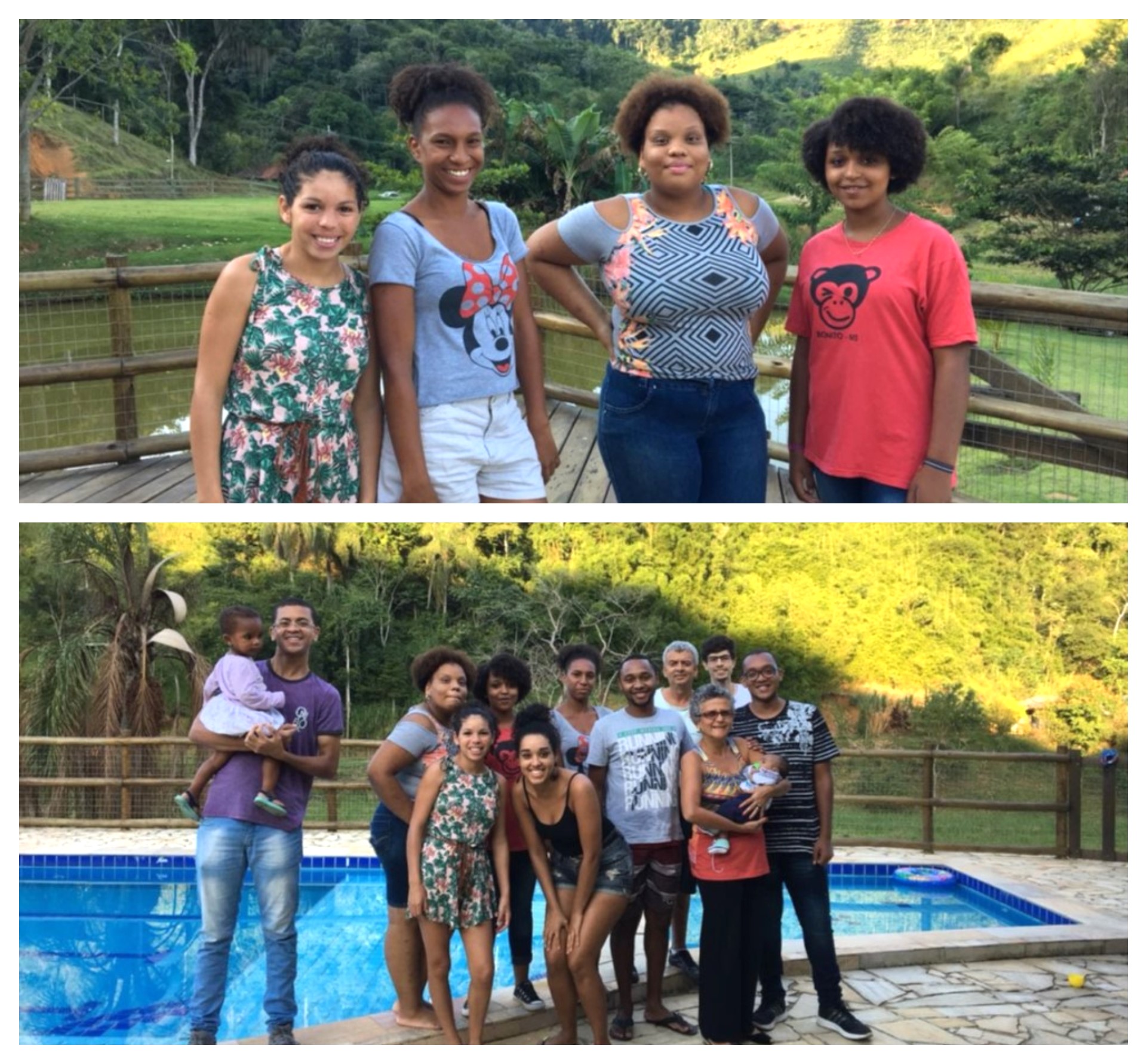
Also thanks to the support of INTECSOL-UFF, the project includes the purchase of 5 machines - including a 3D printer - which are used in the educational process. Young people learn to recycle, transforming plastics that are often discarded in the environment into objects. The rented premises house these machines and the recycling experience.
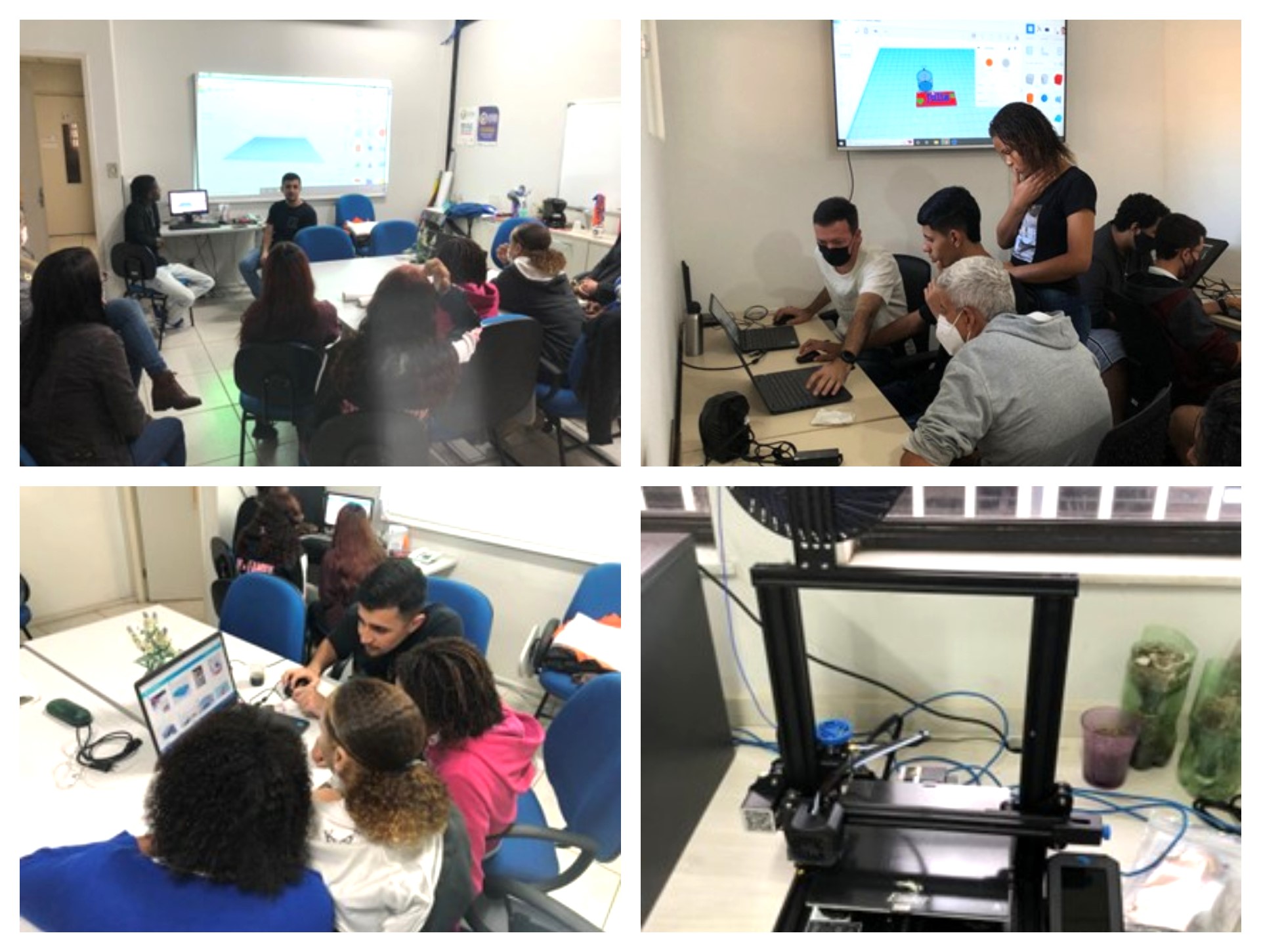
Between now and March 2024, a number of cooking and plastic recycling workshops will be held with local young people, broadening the range of contacts with new young people and raising awareness of the solidarity economy and the need to use the planet's resources responsibly.
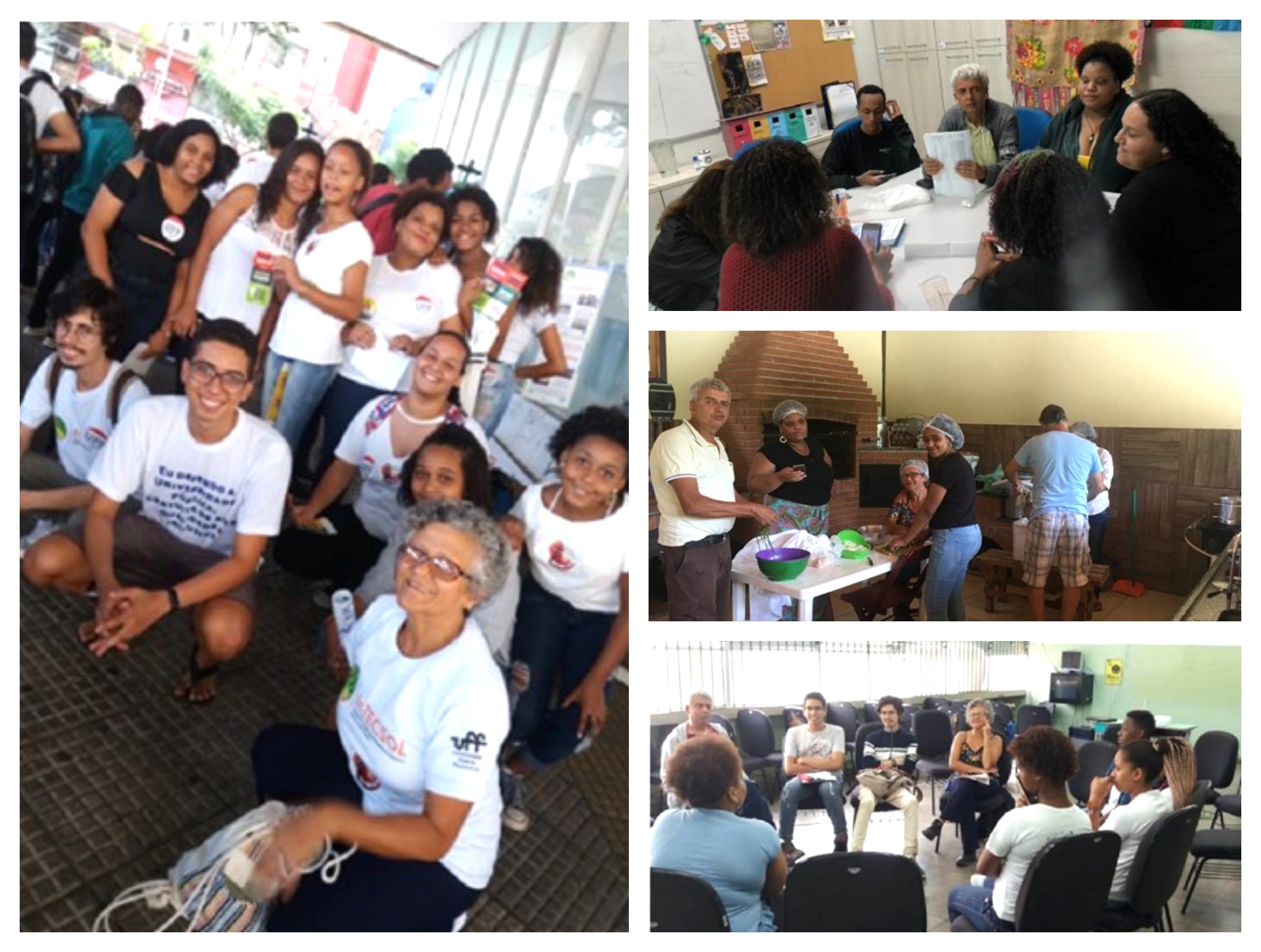

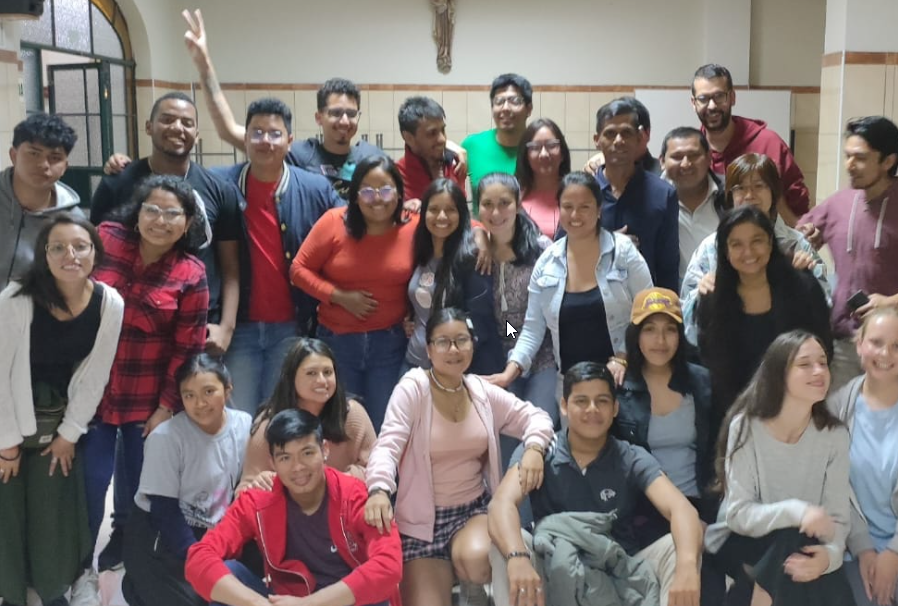
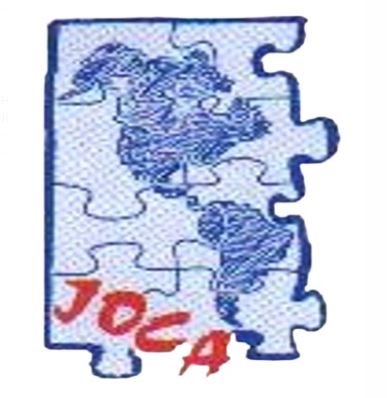
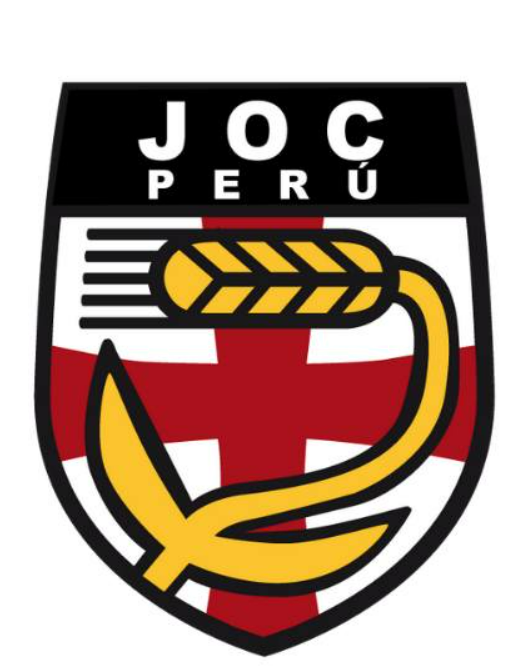
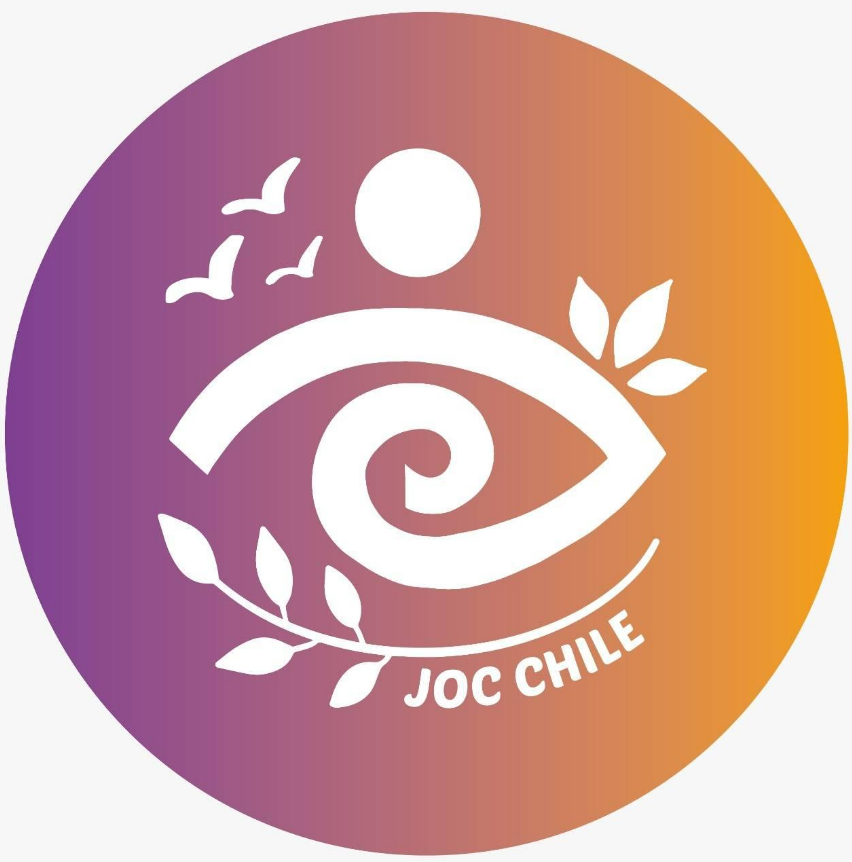
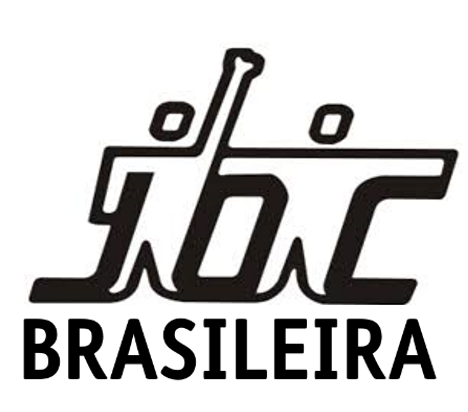
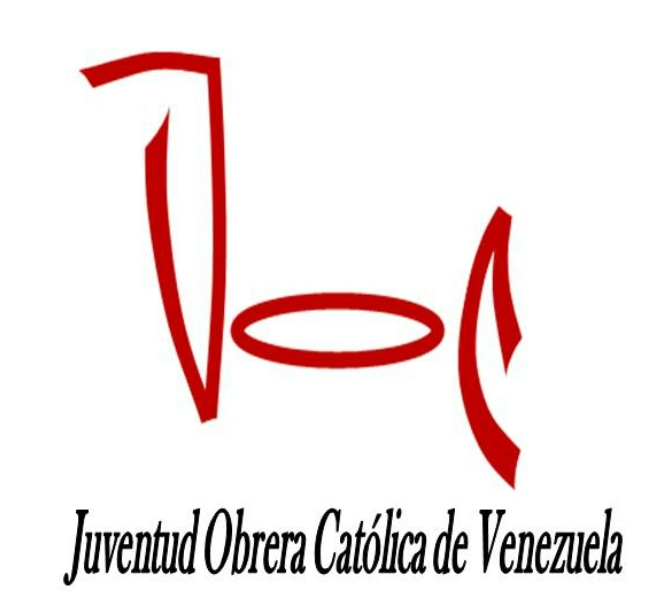
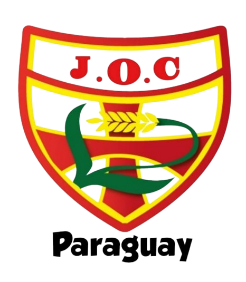
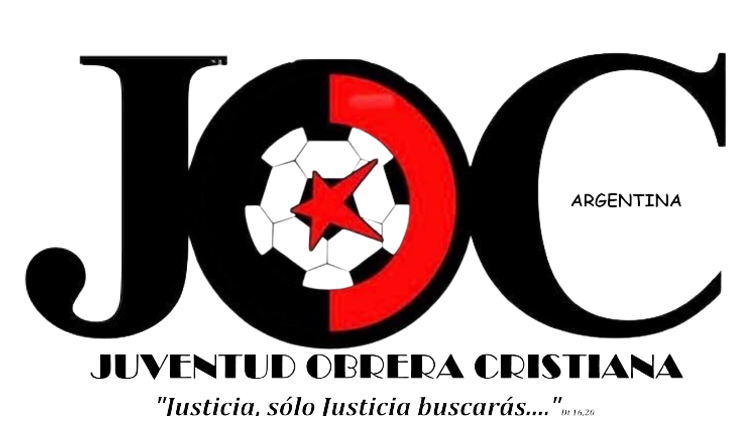
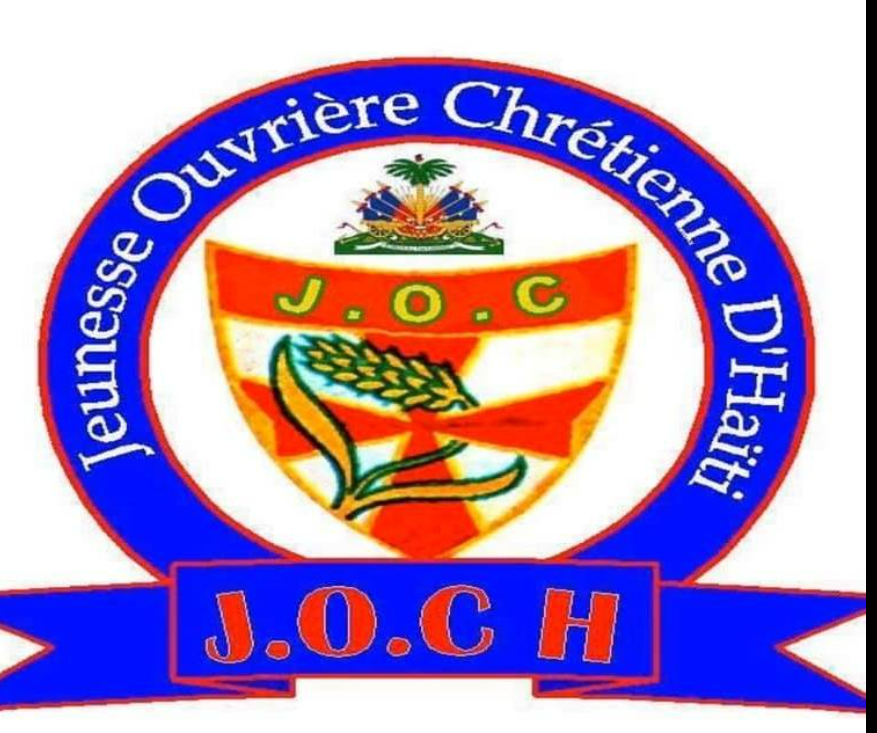
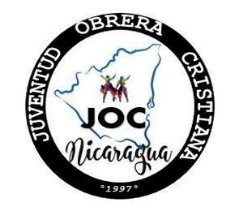
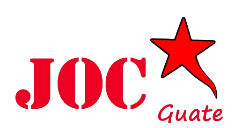
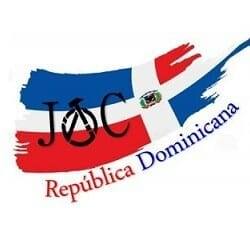

 English
English  Español
Español  Français
Français